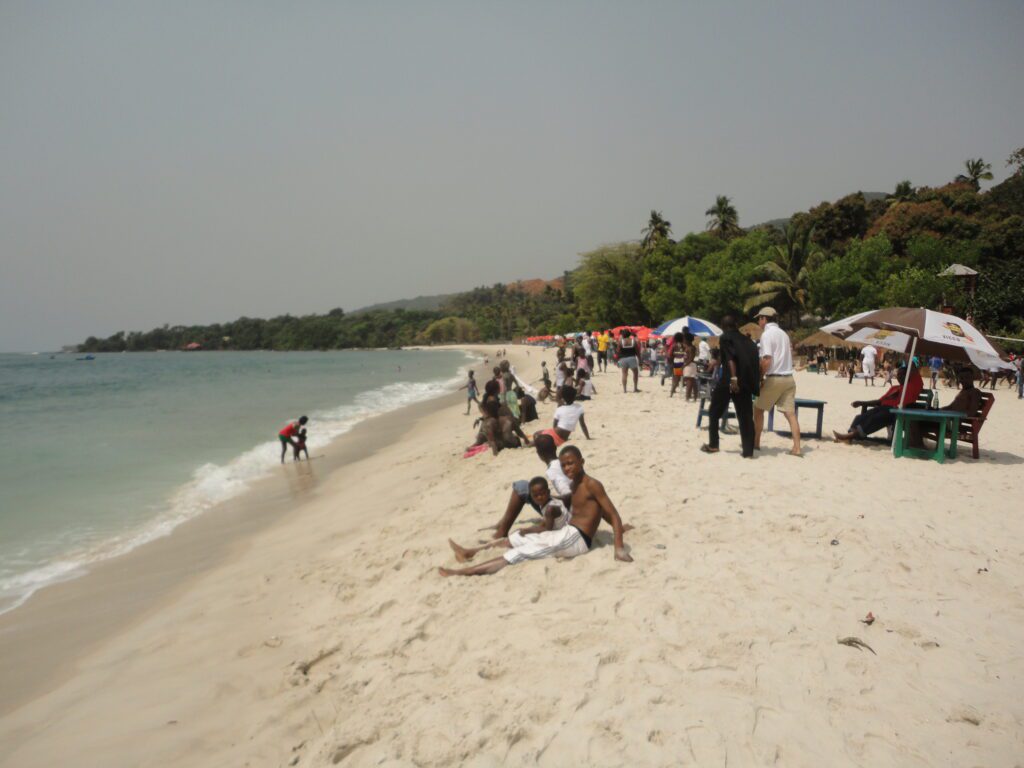Sierra Leone – Diagnostic Trade Integration Study Update for Tourism Sector Sierra Leone
What
The World Bank was asked update Sierra Leone’s Diagnostic Trade Integration Study, which is part of the World Trade Organization’s Enhanced Integrated Framework process, which assists countries in maximizing the benefits of their trade to reduce poverty and expand economic growth. For Sierra Leone, international tourism is an important services trade sector, which could be developed further to help address critical poverty alleviation and economic growth challenges.
Activities & Services:
- Drafted tourism section for the Diagnostic Trade Integration Study, which was the basis for the country’s Poverty Reduction Strategy.
- Conducted site visits to Western Peninsula destinations, including coastal destinations and Banana Island.
- Tourism sector analysis of the key stakeholders, economic conditions, revenue creation opportunities and challenges, estimated tourism generated profits and visitor volume.
- Analyzed legal and regulatory framework related to tourism sector.
- Summary account of major reforms in the sector, including donor supported programs.
- Analysis of global tourism industry trends that impact or might impact the tourism sector in Sierra Leone.
- Analysis of opportunities and impediments to expanding tourism.
- Forecasted prospects for value-added opportunities in the sector.
- Described potential benefits of closer regional cooperation.
- Described the role of the sector in poverty reduction in Sierra Leone.
- Provided reform recommendations that would remove major impediments to expanding tourism capacity and value-addition in the sector.
Results:
- Analysis of the tourism sector for the DTIS Update, including updates on policies, data and regulatory framework, as well as impact assessment of recent interventions and reforms in the sector.
- Recommendations for the updated action matrix including a characterization of the proposed interventions as short and long-term.
- Rationale for priorities and sequencing of recommendations based on the estimated impact and contribution to trade expansion and poverty reduction.



